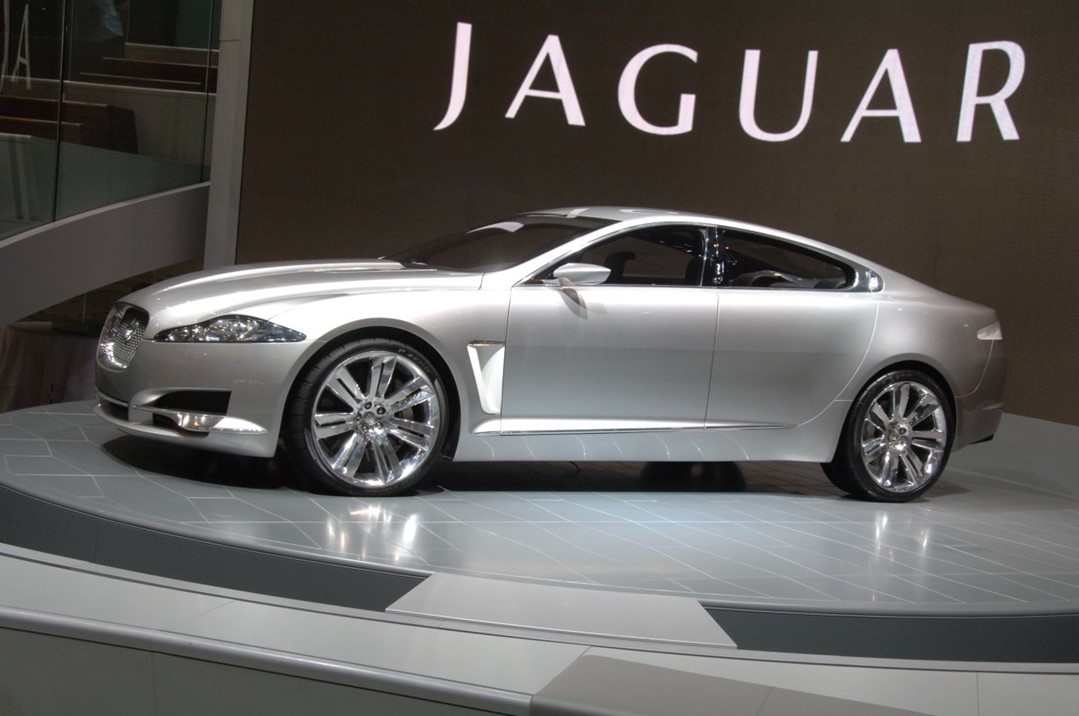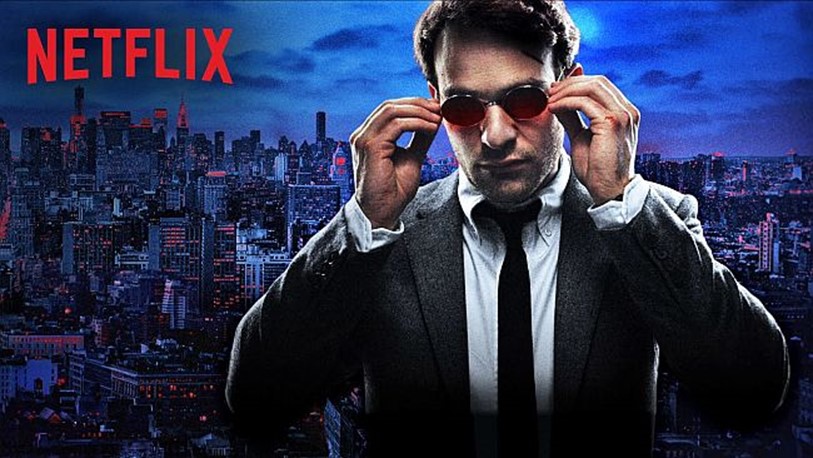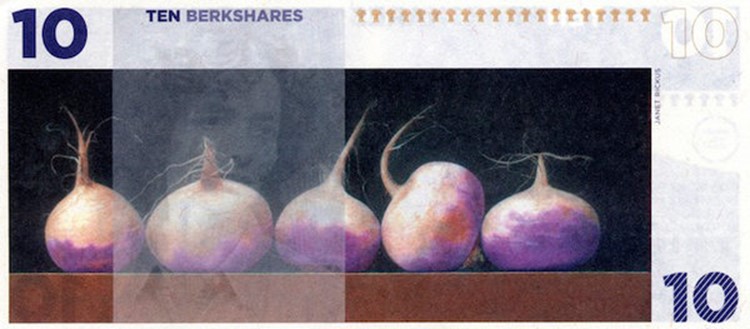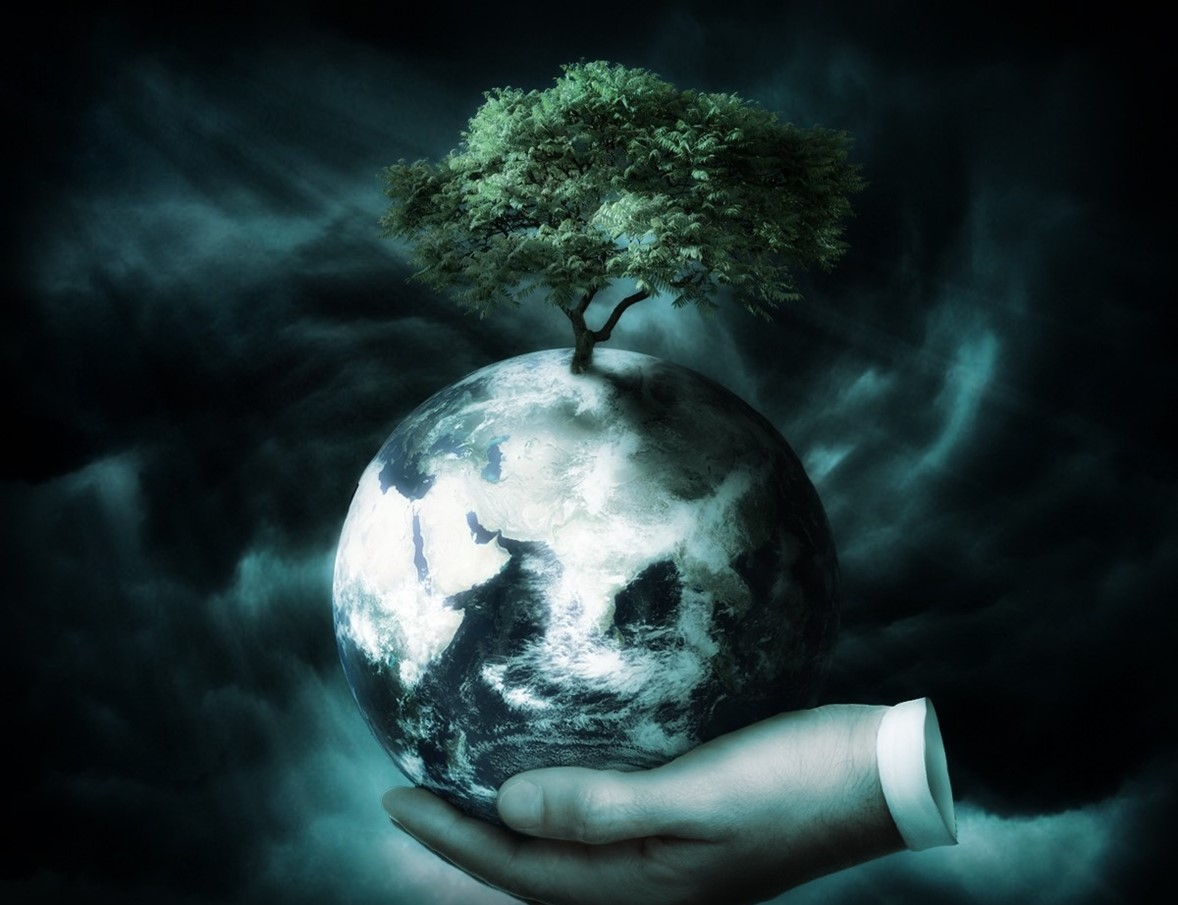Car Dealerships Are Dying
August 25, 2015 in Daily Bulletin

The Economist took a look at the business of car dealerships:
- In the past buyers would go to dealers to figure out what car they want to buy. Nowadays customers research on the internet and come to the dealership with a model and price in mind.
- Some dealers are trying to increase convenience by bringing cars to potential buyers’ houses for test drives.
- But customers have realized that test drives are largely pointless, since there’s usually little that can be learnt from a quick spin, and taking one may create an irrational emotional attachment that a dealer can exploit.
- What budding car owners do want however is someone who can talk them through the various features – without trying to sell them so they can make an informed decision.
- They also would prefer not to haggle.
- This is all to the carmakers advantage. Having a showroom that focuses on features could create brand loyalty through an Apple store like experience.
- Having customers believe that prices can’t be bargained with could also help carmakers raise prices.
- And since cars are increasingly connected to the internet and communicate data back to the carmaker, auto manufacturers are beginning to build a relationship with customers anyway.
Read more about the business, its history, the legal protections that it has, and how Tesla is trying to upend everything over here.
Source: The Economist









Join the Discussion! (No Signup Required)